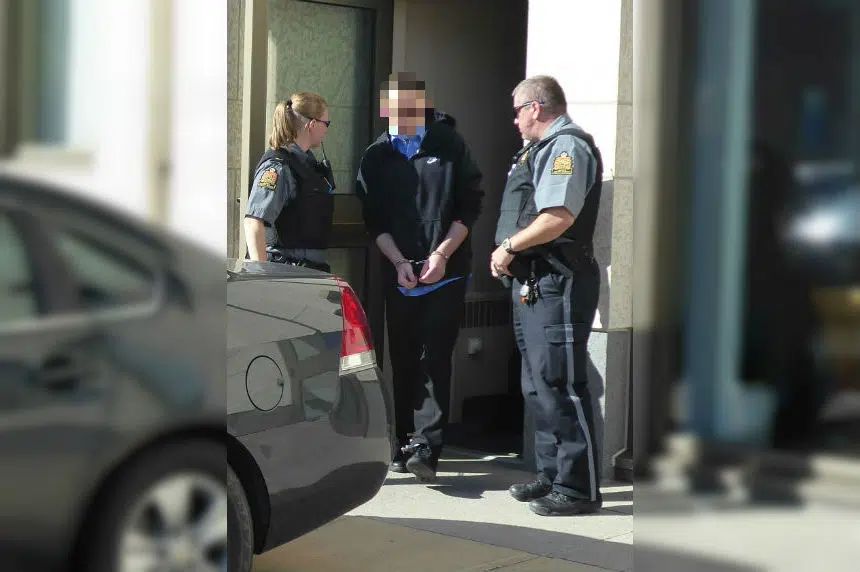The sentencing hearing for Hannah Leflar’s killer continued Thursday with a focus on the federal prison system.
It is where the teen would be immediately transferred to if he is sentenced as an adult.
Parole officer Kelly Lato with Correctional Services Canada explained that, for the first 90 days, an inmate is assessed on a wide range of factors from mental health to the crime committed to education and his employability.
From there a plan is created for the time the offender serves featuring a number of programming for them to participate in.
She was given the facts of the Leflar case and was asked by Crown lawyer Chris White what general plan would be created for the teen.
Leflar was found stabbed to death in her north Regina home and the Crown is arguing the teen did more than just watch the murder happen but ensured the 16-year-old would be home and alone.
“I would be very concerned,” Lato said. “There are red flags all over.”
The immediate focus she added would be on his mental health with psychological and psychiatric assessments required.
He would likely be considered a high-risk inmate given the crime he committed and Lato explained there would be a focus on why the teen played the role he did.
But she said the programs in the corrections system are only successful if the offender is willing to take responsibility.
“We do good work but it is up to the offender,” Lato said. “What’s the saying? You can take a horse to water but you can’t make him drink.”
On Wednesday, court heard the teen often only does “the bare minimum” where he is currently housed at the Paul Dojack Youth Centre.
If sentenced as an adult, the teen would serve a life sentence with no chance of parole for seven years.











